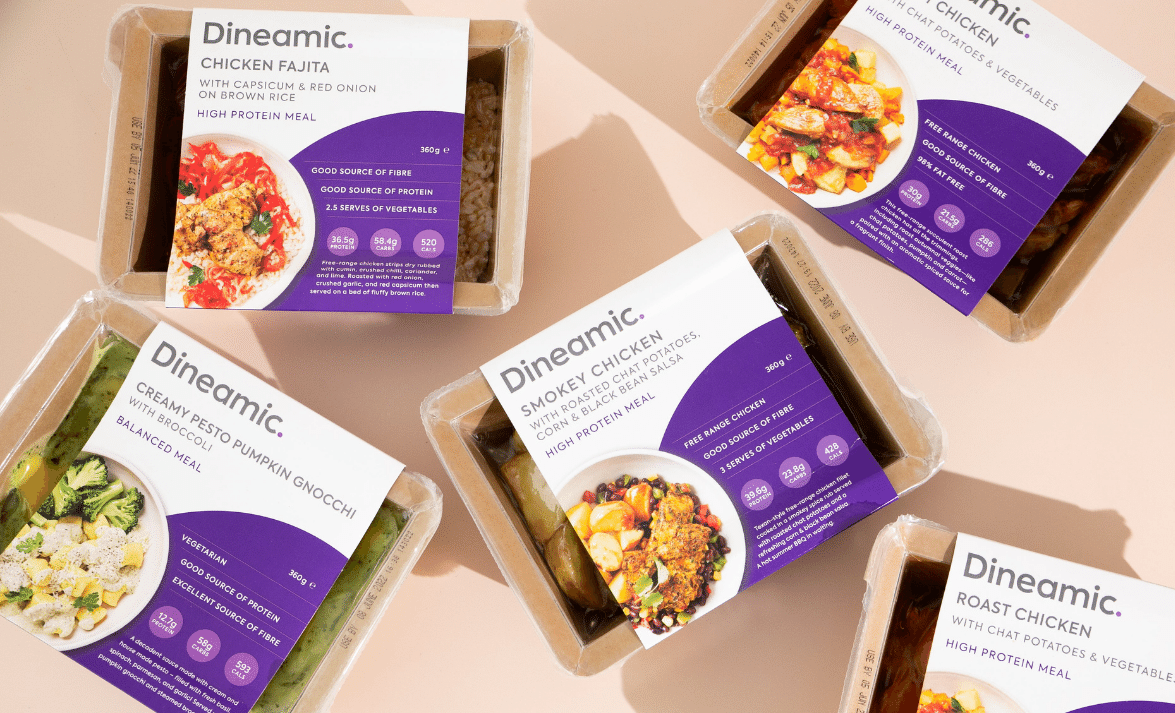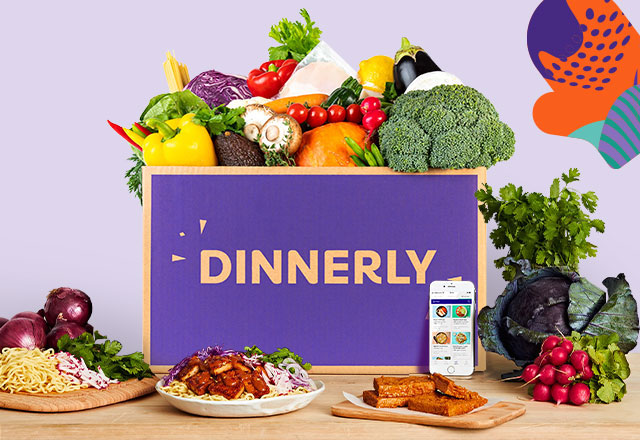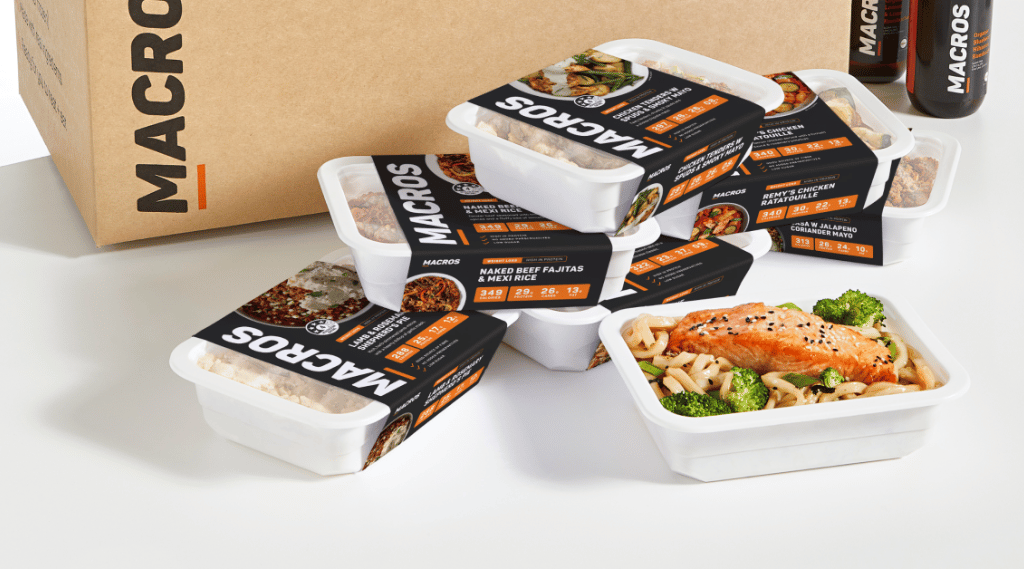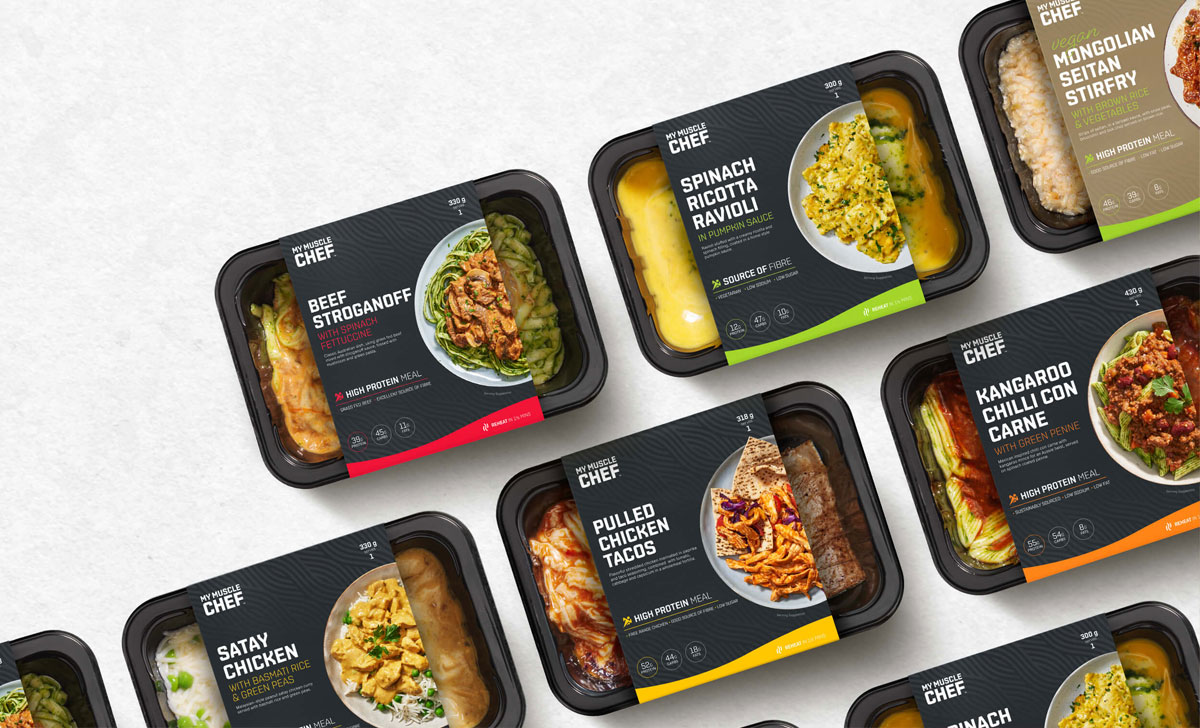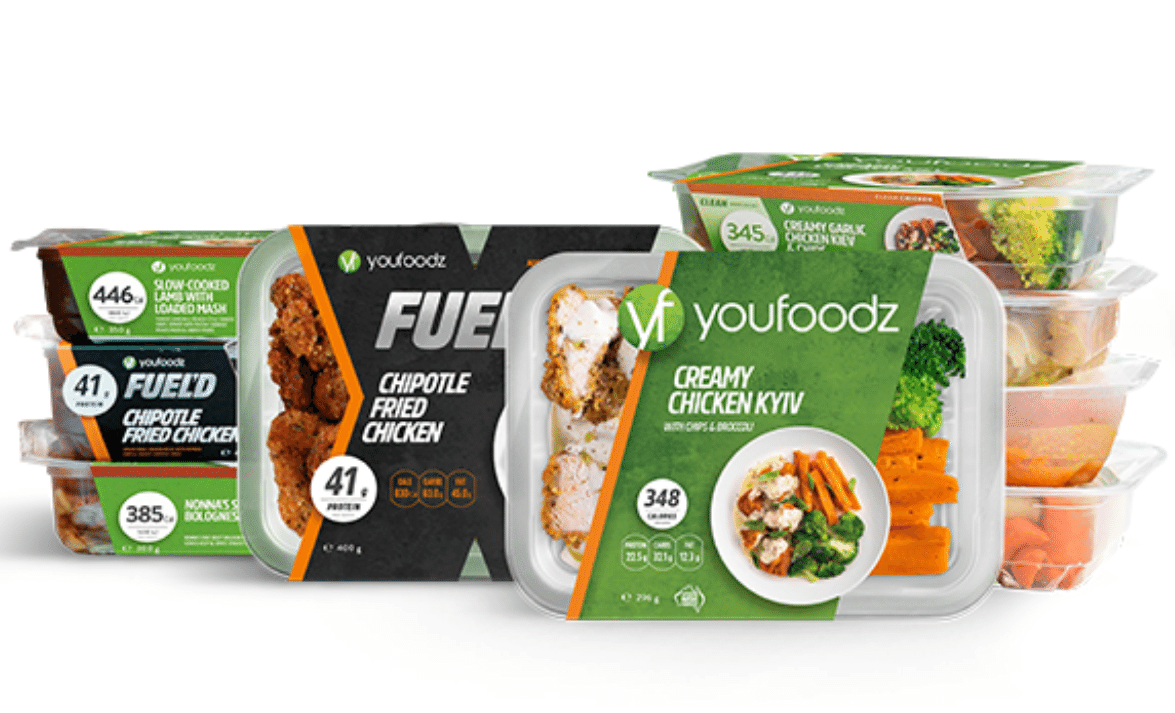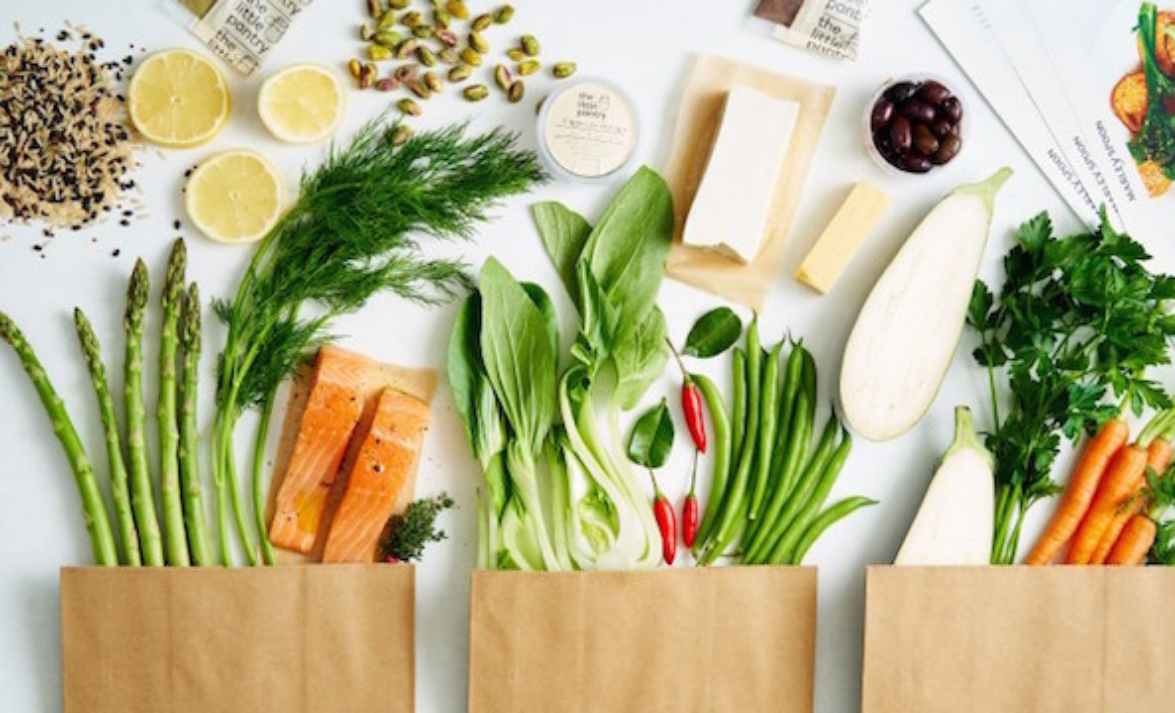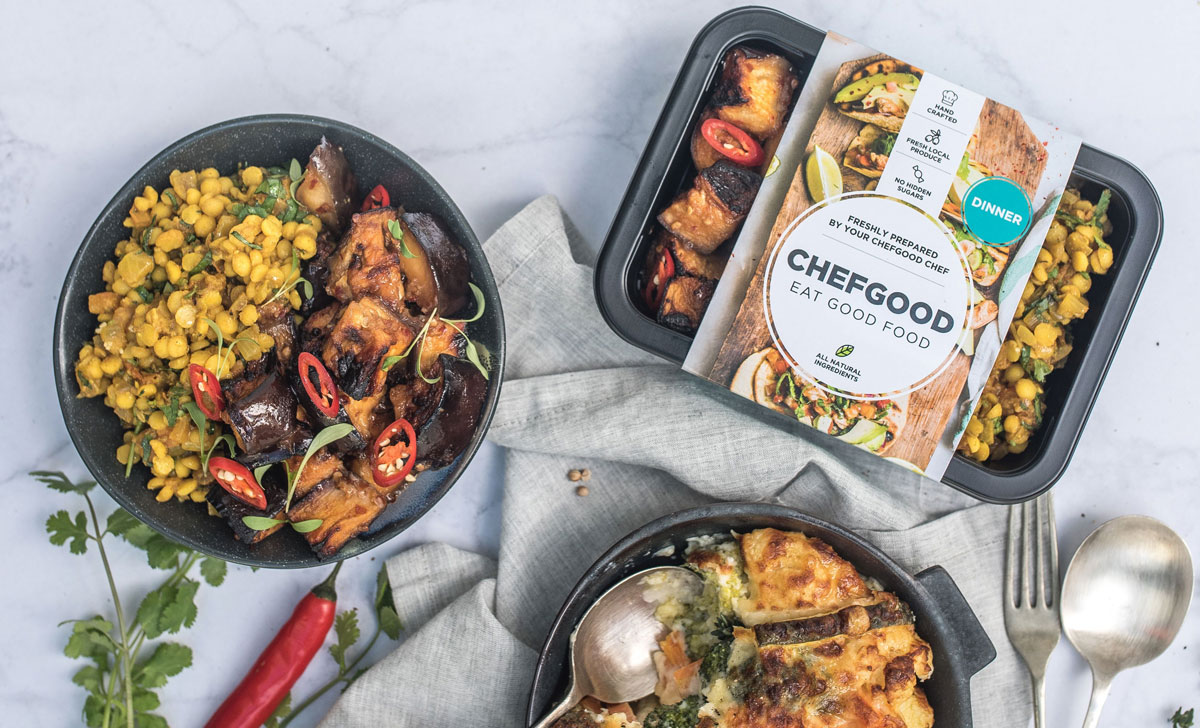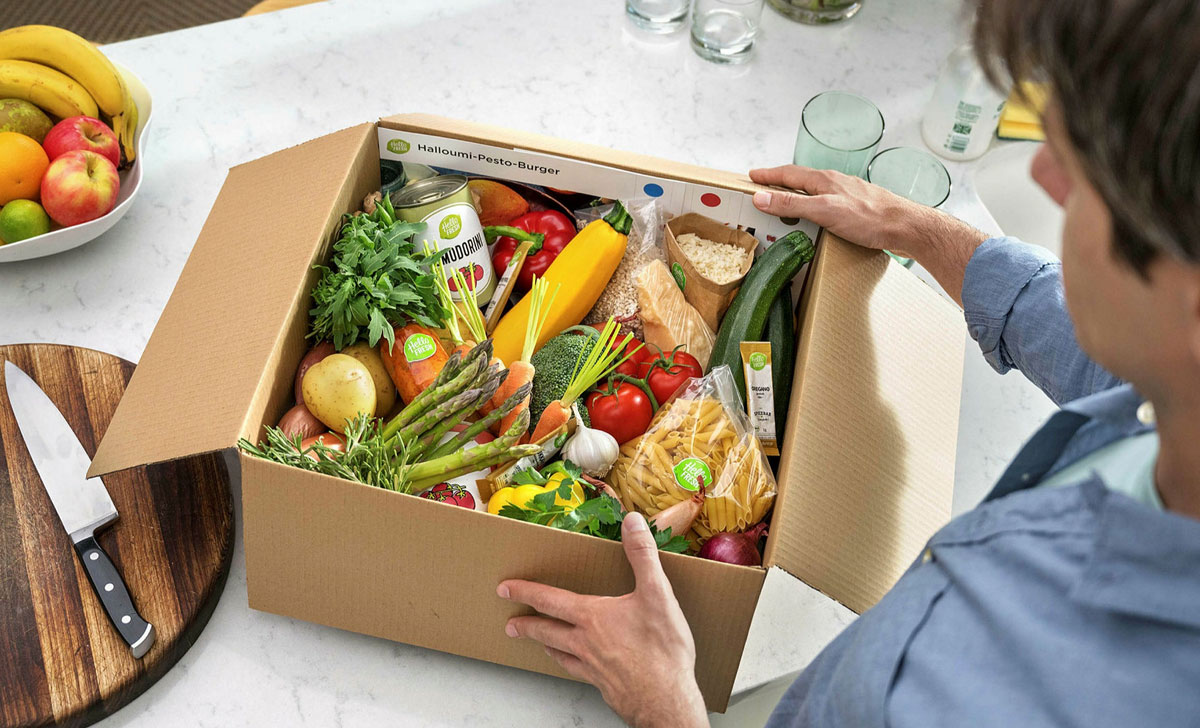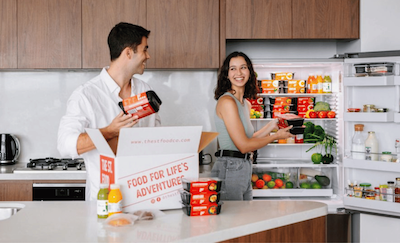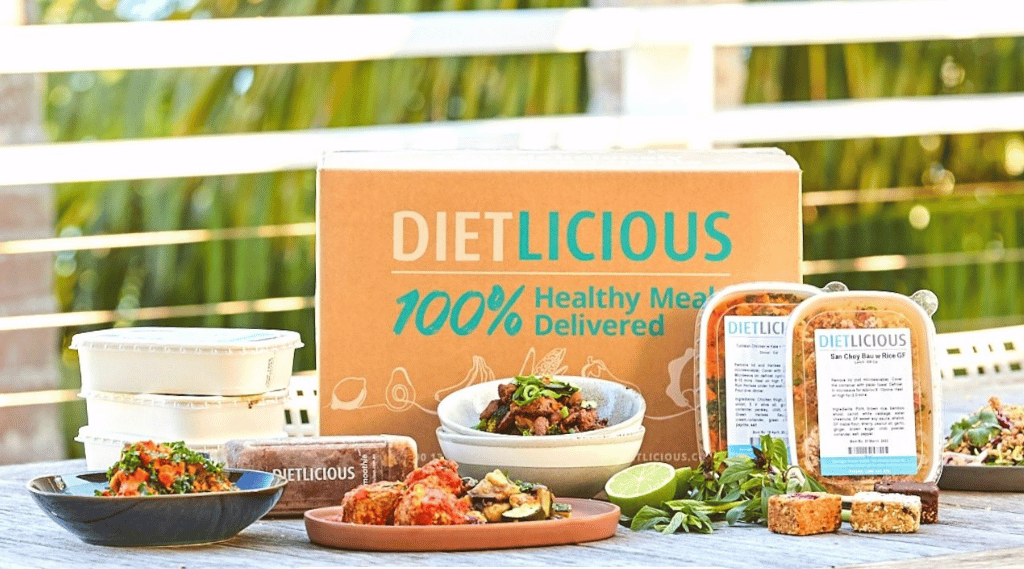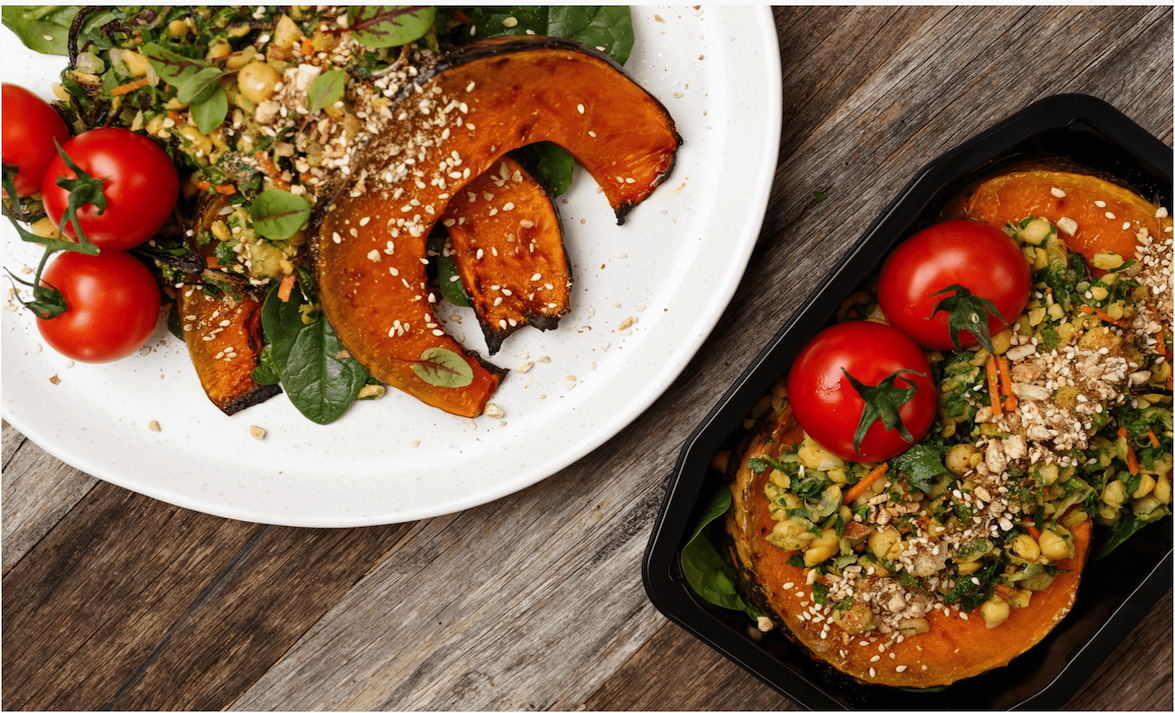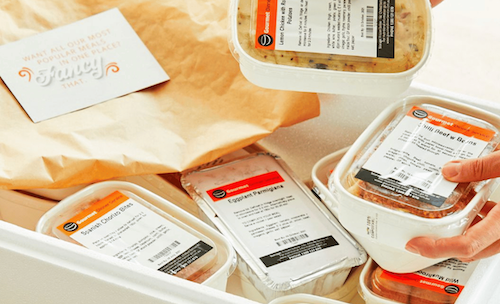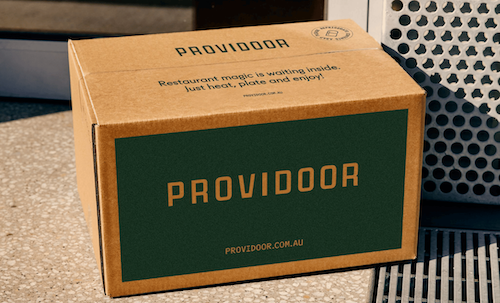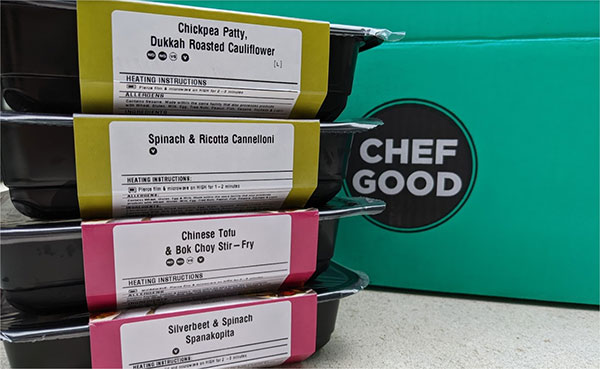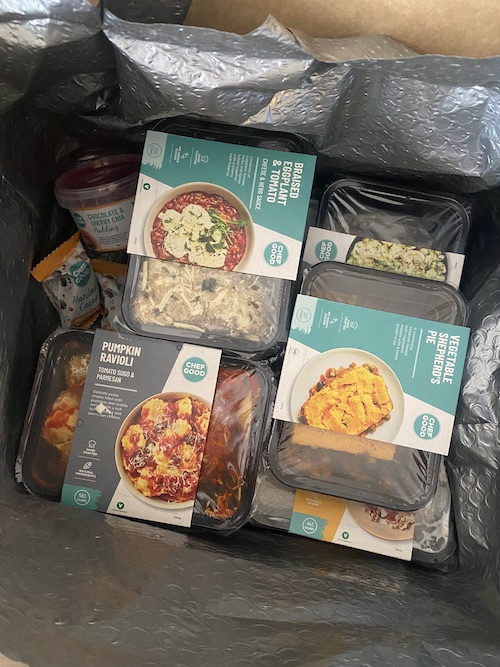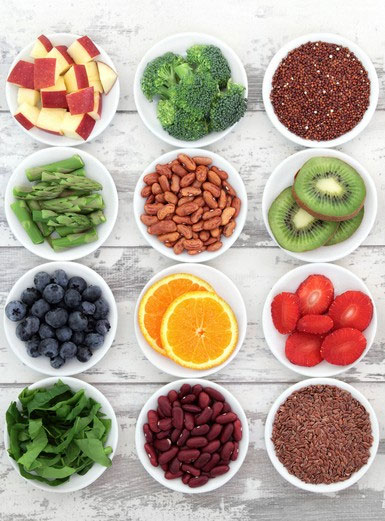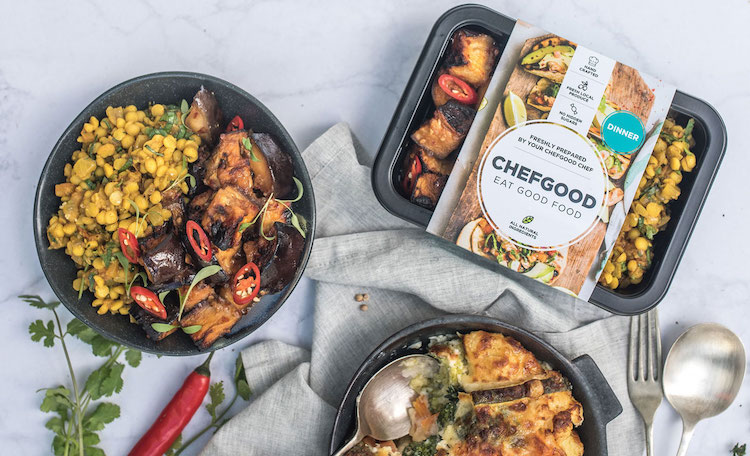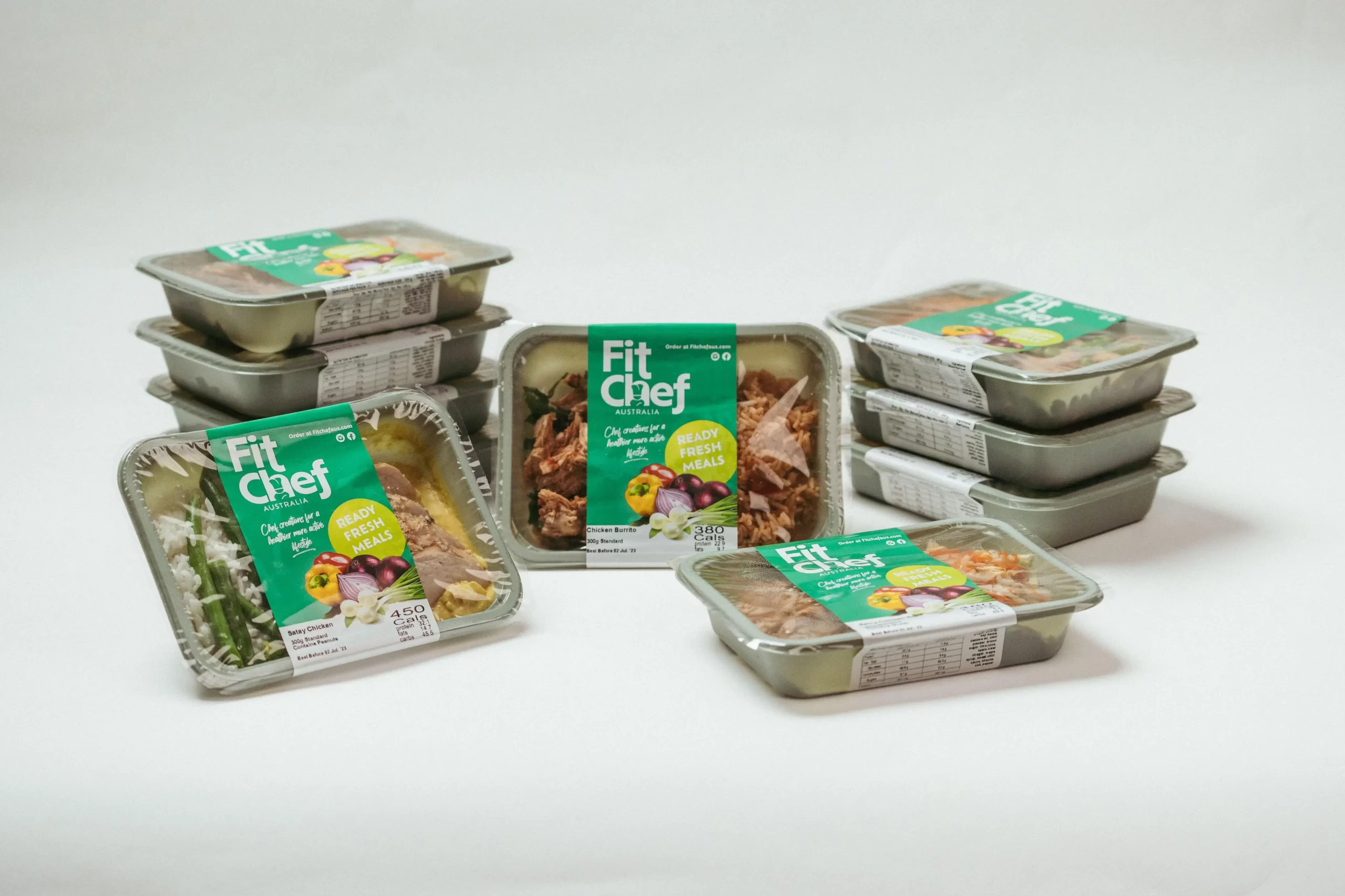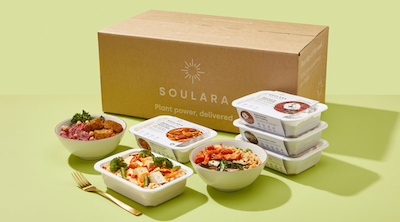- Meal Delivery
Shop by Category
TOP PROVIDERS
POPULAR SEARCHES
Meal Finder Tool

Use our meal finder quiz to find the best meal delivery service for you.
- Vitamin & Supplements
- Deals
- About
- Blog
Vegetarian Meals
Vegetarian Meals
Whether you’re a committed vegetarian or want to cut back on animal products, there are a number of meal delivery services that cater to vegetarian dietary requirements. Want to know which vegetarian meal delivery service in Australia is the best one for you? We compare your options.
Featured Product
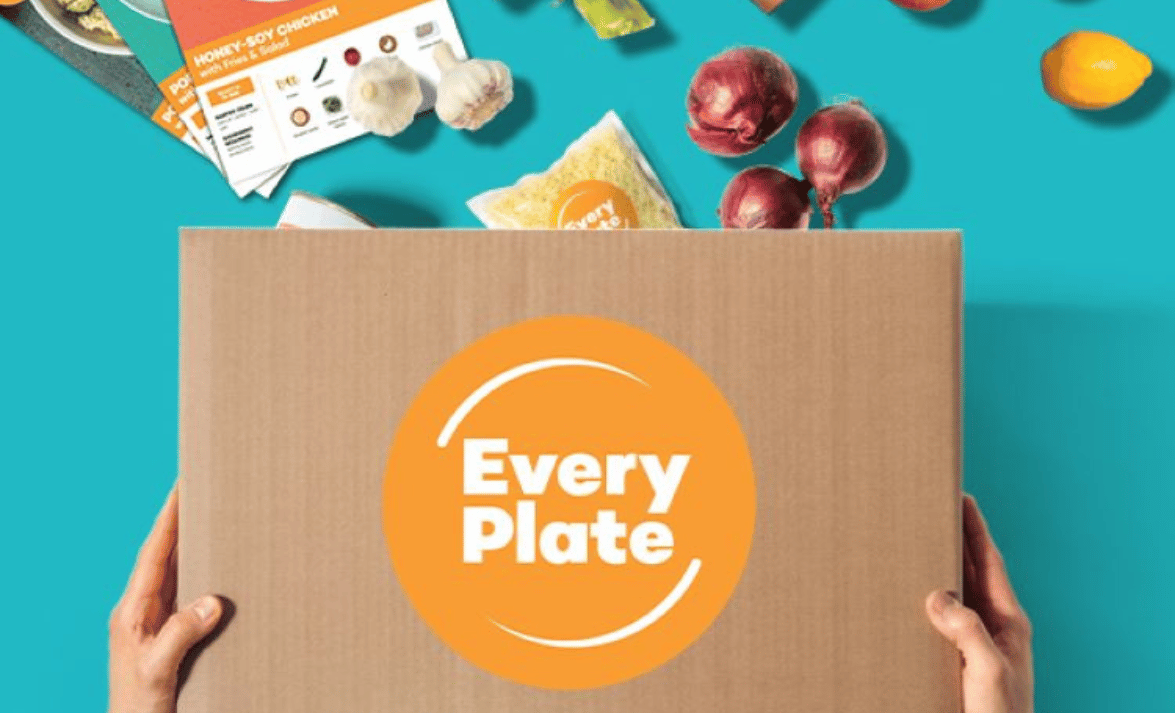
Featured Product
Cook smarter with EveryPlate. Get everything you need for tasty meals from $2.19/ plate!
Compare Vegetarian Meals
Advertiser Discolure Advertiser Discolure$40 off across your first two boxes Get Deal
Dineamic is an Australian-made ready-meal service offering a delicious and nutritious range of vegetarian meals. Designed to support healthy eating …
NSW, VIC, ACT, QLD, SA, WA, TAS
$11.50/serve
Get $140 OFF the first 5 boxes! Get Deal
Dinnerly is one of Australia’s most affordable meal kit providers, known for delivering simple, no-fuss recipes that cater to everyday …
NSW, VIC, ACT, QLD, NT, SA, WA, TAS
$7.49/serve
Save $150 Across 5 orders! Get Deal
MACROS is a popular ready-made meal delivery service in Australia known for its nutritionist-designed, chef-prepared meals that cater to specific …
NSW, VIC, ACT, QLD, SA, WA
$11.45/serve
Save up to $120 on your first 6 orders! Get Deal
My Muscle Chef is a leading Australian meal delivery service offering high-protein, ready-made meals designed for fitness, weight management, and health-conscious …
NSW, VIC, ACT, QLD, SA, WA, TAS
$10.95/serve
Up to $200 off your first five boxes Get Deal
Youfoodz is a popular ready-made meal delivery service offering convenient, fresh and tasty meals designed for busy lifestyles. Their vegetarian …
NSW, VIC, ACT, QLD, NT, SA, WA, TAS
$8.49/serve
Get $220 OFF first 5 boxes! Get Deal
Marley Spoon is all about convenience and inspiring people to cook recipes from scratch in 6 easy steps. Marley Spoon …
NSW, VIC, ACT, QLD, SA, TAS
$8.50/serve
30% off your first order and 20% off your next order! Get Deal
Chef Good’s Vegetarian meal plan is based on the Everyday Wellness meal plan and includes a variety of plant-based meals …
NSW, VIC, ACT, QLD, SA
$10.80/serve
Get up to $200 off first 6 boxes! Get Deal
HelloFresh’s Vegetarian plan offers a delicious variety of creative and wholesome vegetarian recipes filled with seasonal vegetables, whole grains, cheeses …
NSW, VIC, ACT, QLD, NT, SA, WA
$5.40/serve
High-quality, flavourful and delicious meals that are convenient and affordable. High Protein, No Added Gluten, Vegetarian, Vegan, and Dairy Free.
NSW, VIC, ACT, QLD, SA, WA, TAS
$11.00/serve
Meals from $2.19 per plate! Get Deal
EveryPlate delivers simple and tasty vegetarian meal kits to your door to help you save time and money, from only $2.19 per …
NSW, VIC, ACT, QLD, SA
$4.44/serve
$30 off your first order! Get Deal
Dietlicious is a flexible meal service that offers pre-made meals with no contracts and no joining fees to use their …
NSW, VIC, ACT, QLD
$7.50/serve
The Dinner Ladies deliver delicious home-cooked frozen meals to NSW, QLD, ACT, VIC and SA. They tailor ready-to-eat meals, made …
NSW, VIC, ACT, QLD, NT, SA, WA, TAS
$14.90/serve
Activate Foods is a ready-made meal delivery service offering a variety of fresh and frozen meals made from clean, premium …
NSW
$11.00/serve
$30 off your first order Get Deal
Gourmet Dinner Service prioritizes making healthy meals with 100% real ingredients ridiculously convenient. Founded by masterchef Janel Horton, Gourmet Dinner …
NSW, VIC, ACT, QLD
$12/serve
Providoor supplies restaurant quality, snap frozen meals that preserve the flavour and freshness of the food. Featuring meals prepared by …
NSW, VIC, QLD
$9.00/serve

